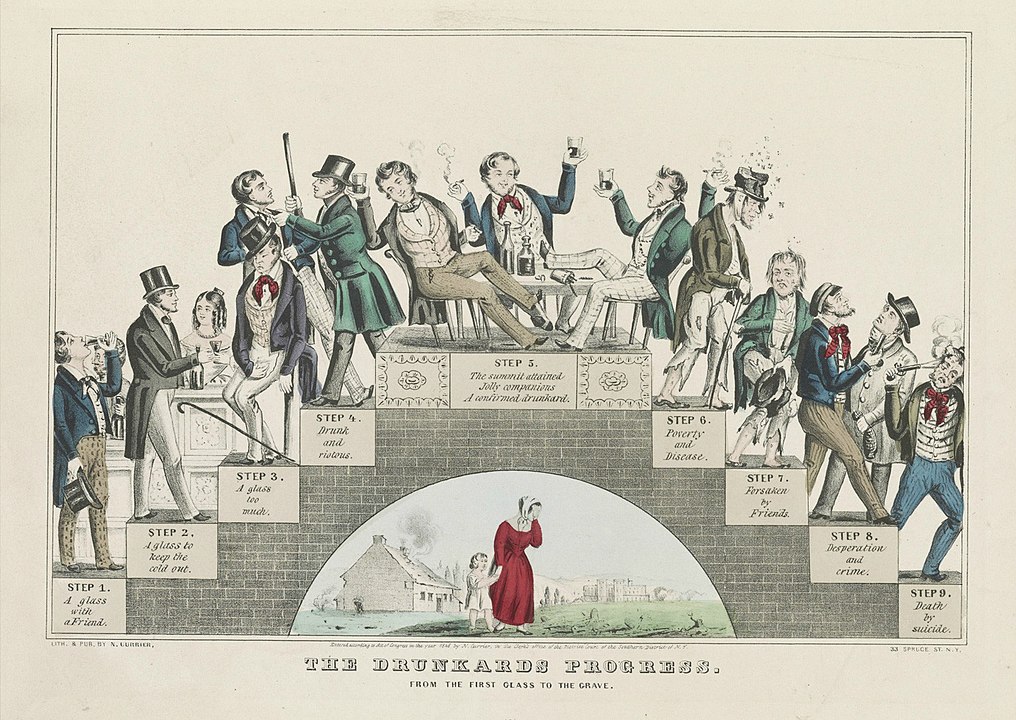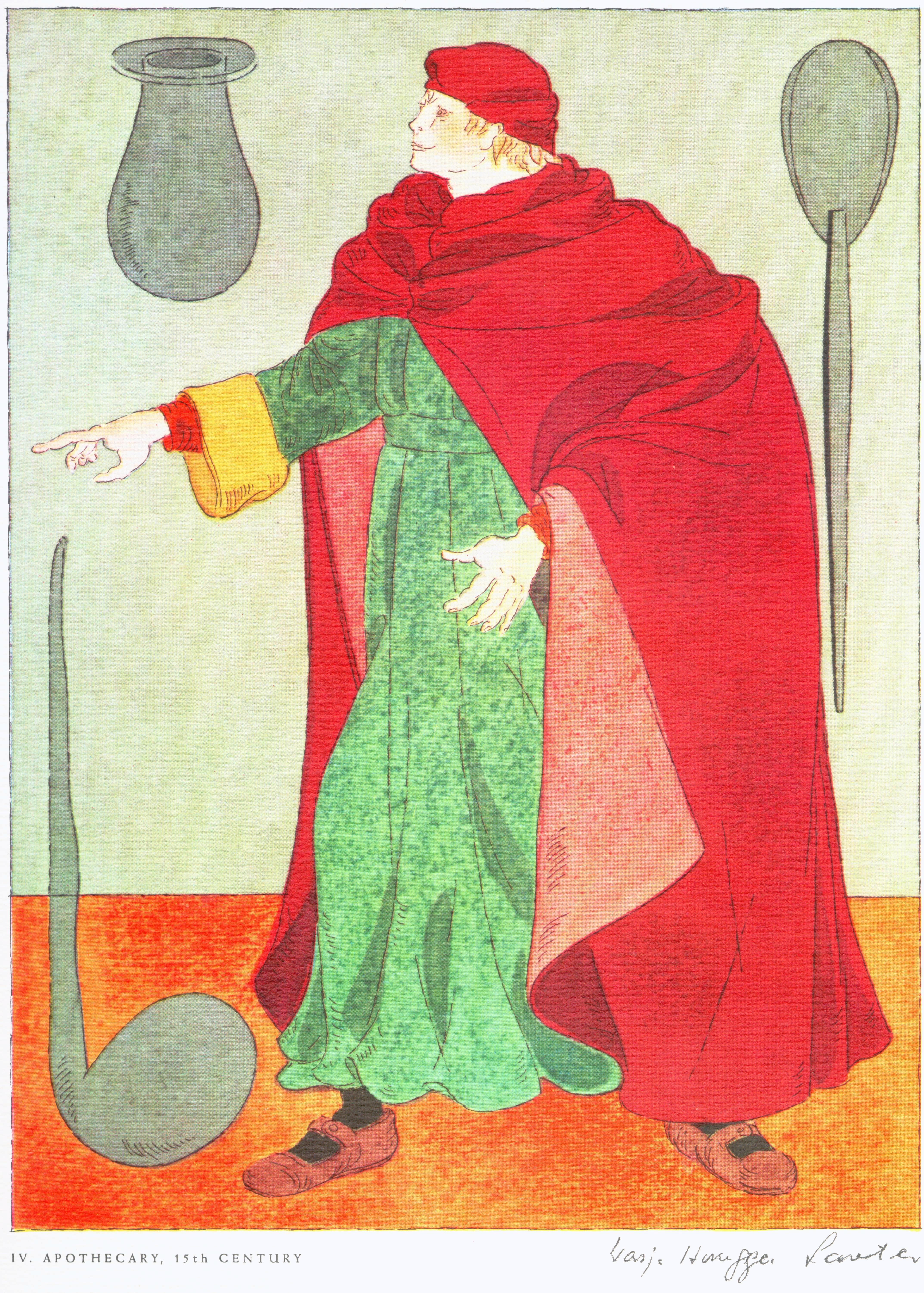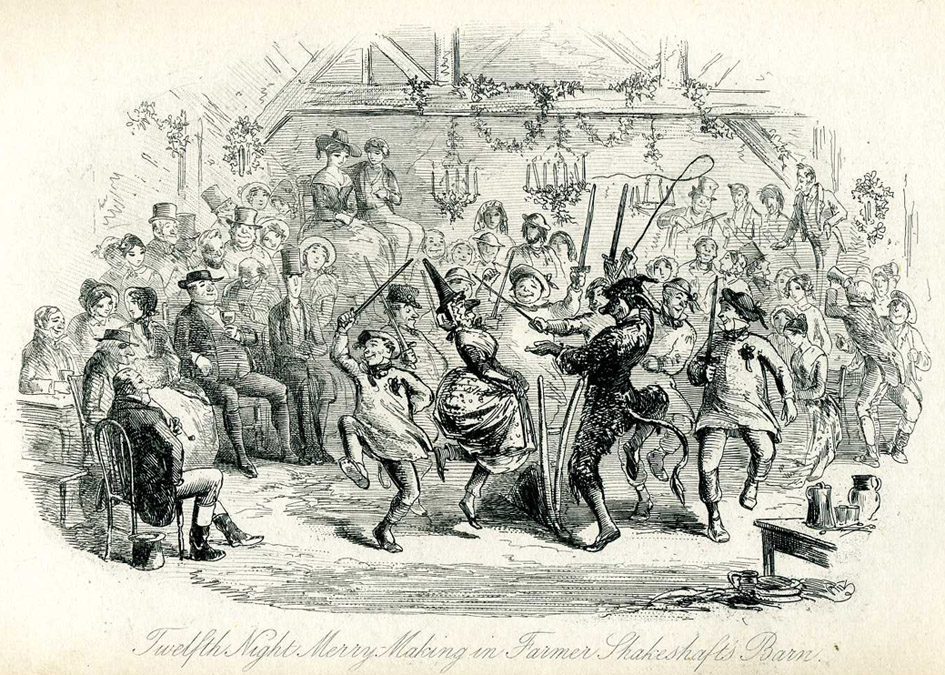Archive for January, 2023
My OnlyFans Page
Posted by Damien Galeone in Blog on January 30, 2023

As a person who makes money writing, I was indeed alarmed to learn that Artificial Intelligence will soon be hired to do those jobs. I need a job.
I’d offer to whore out my writing skills for people – I like writing shopping lists, I love writing recipes on the back of envelopes, and I have a zeal for drawing nooses during meetings. I’d be glad to bring you in on that. The problem, yet again, is that pretty soon my blended will be doing those things for you. With writing and noose drawing off the table, I needed some way to spend the rest of my life. I need direction. I’m turning to the most obvious course of action. Only Fans.
Now, I still have research skills and I use it to find out about the broad range of interesting and highly disturbing services that people are offering in exchange for money. After exploring my bag of talents, I opt for the following services.
Watch me eat! For the low price of $37, you can watch me eat while I watch TV. This includes chicken wraps during Frasier or a roast chicken leg while watching 30 Rock. If you pay an extra $12, I’ll engage in witty banter with you about the show. Highlights include “They don’t make ‘em like Frasier anymore” or “Boy, 30 Rock was sure funny.” For an extra $18 I’ll describe my meal to you, and for $26 extra I’ll let you pick the show I watch, as long as it’s one of the six shows I watch while I eat (full list available on my page, but think 1990s psychiatrists).
Read the rest of this entry »January 17, 1920 Prohibition Begins in The USA
Posted by Damien Galeone in Blog on January 23, 2023

At midnight on January 17, 1920 the Volstead Act made the sale and production of alcohol illegal in the United States. But as Americans had never been good at following rules (or rule for that matter), they almost instantly began finding loopholes and ways to make the inane law obsolete.
There’s no doubt that Americans had a drinking problem. Thirty seconds after the Mayflower landed on Plymouth Rock, everyone who’d been onboard started scrounging for things to make booze with. The guy who started the first bar was a demigod. Americans drank and tortured witches, the drank and started revolution, they drank and fought each other over slavery. They drank rum, which was cheaper and quicker than beer, and when Irish and Scottish immigrants brought it along, whiskey. America was the drunkest person at the party. Any 19th century attempt to ban alcohol resulted in uprisal and riots.
In the early 20th century, the temperance movement gained some traction. This was a movement led by women, who weren’t allowed in bars (hint hint) and were sick of dealing with drunkard husbands blowing money on booze and ruining their families. The movement was supported by factory owners, who were trying to keep workers sober enough to keep up new working habits (i.e. lots and lots of hours and lots and lots of sadness). Furthermore, prohibition was influenced by good old fashioned American racism. The influx of immigrants between 1880-1920 scared the hell out of a lot of white people, who were nervous that the flood of ‘boisterous’ lower class immigrants and the saloons that kept them happy would lead to a decline in the moral character of America. This, rather than say, slavery. We’ll forgive them this snobbish concern, since they were almost certainly shitfaced when they made it. With a pesky disruption in Europe stirring which would be known as World War I anti-German hysteria blew through the country and the only patriotic thing to do would be to shut down the mostly German-owned breweries.
World War I in itself was another cause of prohibition. Nations tried to ration cereals and grains for the war effort and squash soldier drunkenness. Leaders in Europe had already noted the effects of alcohol on soldier performance, with Kaiser Wilhelm stating that the next war (which would turn out to be WWI) would be won by the least drunk nation. Tsar Nicholas II, whose Russia had lost the Russo-Japanese War partially due to intoxicated troops, banned the sale of vodka in retail stores. The stage was set for booze to be banned, and American went for it.
Read the rest of this entry »The Trouble with January
Posted by Damien Galeone in Blog on January 16, 2023

I have always felt bad for January. It’s the king of all redheaded step children. Surrounded by the dazzling December and the frustrated king frog that is February. All January ever did was come at a bad time of year. I determine to enjoy January this year, but January makes it hard.
Before January was even a month, it was disrespected. Native Americans called it the Wolf Month because it was the month hungry wolves howled outside of villages. January wasn’t even a month in Ancient Rome, being originally lumped into the winter which, as the Romans saw it, deserved no month. It was simply a cold shitty time of year that was better behind them than ahead or present. The year started at March, which is a calendarial idea I think we could all get on board with. When King Pompilius came along and added January, Romans could at least name their enemy.
Modern people don’t help the case for loving January. It’s known as Dry January, which I guess is the month for people to detox after the overindulgence of the holiday season. Or the previous 11 months. It’s also been labelled Veganuary, which is exactly what you think it is, but given the choice between going vegan for 31 days or quitting drinking for 31 days, I’d rather be dead. My search goes on.
My hopes were raised, if not a bit surprised at the naughtiness of January 2 being national Creampuff Day, but then I reread it and realized it was just about pastries. January 5 is National Whipped Cream Day. January is the month of all things cold. It’s National Soup Month and National Hot Tea Month. It’s National Oatmeal Month. These realities endear me to January a bit, as I love soup and oatmeal and have long advocated for days in their honor. Tea can go back to England. There’s a string of good holidays later in the month. January 19 is National Popcorn Day, January 22 is National Hot Sauce Day, while the 23rd is National Pie Day and the 24th is National Peanut Butter Day. I foresee January 25being National Go-On-Cholesterol-Medication Day.
St. Knut’s Day comes in the Scandinavian countries on January 13. On this day, St Knut (A Danish duke) was assassinated, which led to civil war. In Finland this day is observed by men who dress up as goats and visit homes demanding food and booze leftover from the holidays. If they don’t get what they want, they will commit evil deeds. As if dressing as goats and getting drunk doesn’t suggest evil enough. It’s said that St. Thomas brings in Christmas and St. Knut [and his goat men] take it away. And as we all know, nothing marks the end of Christmas like goat men. In Sweden St. Knut’s Day marks the end of the holiday season. Swedes take their Christmas tree outside and dance around it.
In America, and some parts of the south, January 22 is National Answer Your Cat’s Questions Day. On this day, one is supposed to listen with intent to the meows, mews, trills, and squawks of their curious furry little buddies and answer the questions they have been trying to convey for eons. These might include: why don’t you lick your asshole? I’ve been demonstrating the technique for you for years. Why don’t you sing the door opening song? Don’t you know it’s bad luck for us to go through a door without the song? This is why I keep coming back in and out. It’s so frustrating.
If I feel embarrassed by any of the cat’s questions, I’ll just drown the humiliation on January 31. AKA Brandy Alexander Day. If that doesn’t help, I’ll just worry about it in February.
Zen Hours on a Saturday
Posted by Damien Galeone in Blog on January 9, 2023
Zen Hours on a Saturday
It’s 5 am on a Saturday. The alarm goes off. The night is still in process and, judging from the darkness and lack of sound, movement, life, or joy, it doesn’t plan on ending anytime soon. Burke and the Shihtzu are snug in bed, content and quiet and comfort ooze off them like little daggers and bury themselves into my skin and then assault my organs, which also want to stay in bed. I stuff a pillow over my face and moan. I sit up. I moan. I stand. I moan. I moan. I moan.
In the living room, the cat sleeps on her little bed on our bookshelf, looking just like a cat might being cozy in a cozy picture of a cozy country bookstore. Applying the case of Misery vs Loving Company, I poke her in the ear. She instinctively swats at my hand and looks up at me in confusion and anger. She’s wearing her Who the fuck is that? face. It’s instantly replaced by her Oh, it’s you face. I stagger through my quiet, dark flat. I press the button on the coffee pot. I drink a glass of water. I take my vitamins. This is no ordinary Saturday, one that promises relaxation and movies, a glass of wine with lunch maybe or a whiskey with my cereal. No. This is no Saturday. For I have to work.
I don’t really go for New Years resolutions. Any major positive changes I’ve made in my life have been done throughout different times of the year and often without planning, forethought, or fireworks. The major things I want to do in my life (write, work out, read, eat carbs) I already do. But I spent the break thinking about minor tweaks that could improve my quality of life. There are a few small ones (draw, replace Reddit in the morning with an article, stop showering in a British accent). But one that jumped out to me was being present.
I have always had a problem living in the present. I think too much about the past, like many of us, but my real realm of life is the future. I am always looking at my watch. I leave so early for trams that I often just miss the one before the one I was hoping to catch – which ruins my day. I am a poster boy for the country’s deep need to implement meditation into schools.
The worst for me is work. How many times I have awoken on Tuesday morning and wished it was Thursday afternoon cannot be counted. And all too soon, it’s Thursday. Worse, I am a teacher and being present in class is a real requirement. Nobody (certainly not me) wants a teacher on autopilot. So my goal was to think less about the future, be present in the present, and stop looking at my watch. Today – a working Saturday – will be a terrible test.
Oh, I’ve worked on the weekends. I spent my bachelor studies years waiting tables and bartending. In both, I was forced to go to into work when everyone else was leaving work. I would literally pass those people on the way to my job as they were leaving theirs. Our vibe, mood, aura were absolute yin and yang of the work world. Theirs equaled elation, relaxation, a peace of mind afforded those who didn’t have shit to do for 72 hours. Mine: misery, stress, the sallowness of mind damned upon those whose following 8 hours would require not only work, but working with people. My job was literally to help those people unwind from the stress of their very difficult jobs. Surely, the hours before working at night were terrible. I couldn’t enjoy myself. If I had to work at 6 pm I’d turn down lunch plans at noon. Sorry, have to work. But with bartending you have to be present. You are surrounded by dozens of people and they all need drinks in the present. There’s no time to look at your phone or think about later. You are busy slinging booze to hairless apes who need it.
Enter university life. Oh, sure, I thought, who has ever heard of a university teacher working on a weekend? No way. University teachers get the weekends off so they can hang around with younger women in small coastal towns. They need the energy to pull off a rollneck cardigan and shop at local marts. They require those weekend hours to do erudite things like open wine while talking about Rimbaud and listening to Hank Moseley (or one of those other guys) on the local jazz radio station. On Saturday night he must entertain equally as successful friends – doctors, philosophers, writers – in his rustic coastal town cottage, where they will wine and dine and talk about the problems of the universe and all the things contained within it.
No.
Wrong.
Read the rest of this entry »The Merry Lords of Misrule (and the war on Christmas)
Posted by Damien Galeone in Blog on January 2, 2023

For centuries, Christmas has been a time to let down hair, eat and drink in a way that causes doctors to cry, dress up, and celebrate with friends. It’s a time to cast aside the dietary and social guidelines we are governed by all year. A time to embrace heartburn and weight gain and the miracle of Tums and elastic waistbands. It’s long been a time of light in the middle of an unforgiving, cold, and dark winter. But despite these pleasant aspects of a beloved holiday, history has witnessed a war waged against Christmas.
To understand the origins of the war on Christmas, we first look at the origins of Christmas. Like so many of our holidays – Easter, Halloween, National Taco Day (Oct 4) – Christmas comes from the Pagans. In Christmas’ case, it comes from the ancient Roman feast of Saturnalia. This holiday honoring the god Saturn took place in the last week of December. Just as Christmas would, Saturnalia was a time to let loose and celebrate, and it involved a broad range of rituals both public and private. Romans set aside social barriers, cultural mores, and they drank, feasted, cosplayed animals, and screwed their neighbors. The party ended in the late 4th century when Christian Roman Emperor Theodosius I forbade all pagan activities, and decreed that the church in Rome was monotheistic and that December 25 was the nativity of Christ. Christmas’ coincidence with Saturnalia was no coincidence, as the Church was trying to get people to turn away from the sex, fun, and feasting of paganism and look towards the solemn prayer, guilt, and permanently-delayed gratification that Christianity offers in cheerful bucketloads. But Saturnalia’s customs wouldn’t be forgotten overnight and many of them carried over to Christmas. And so Christmas caught on in a big way.
Medieval Christmas was a twelve day event that was like a mix of Christmas, Mardi Gras, and Halloween. After the monthlong period of advent, a period of fasting, sober reflection, and wondering why you were Christian, Christmas started on December 25. It went through the Feast of Fools on January 1 and ended with Twelfth Night on January 5. (Today, January 2, is the ninth day of Christmas, so if you feel like partying in a chicken costume, go at it. Extra points if you include nine ladies dancing). During the festival, celebrants ate boar’s head, pies, and peacock. They drank cider and ale. They mummed, wassailed, hoggled, and probably some other archaic verbs. And then they experienced jollity and mirth. In another paganistic tradition nabbed from the Romans, presiding over the entirety of the Christmas festivities was the Lord of Misrule (or the Abbott of Unreason). This was a peasant or a subdeacon who acted as a faux king or a ‘maister of merry disports’ who oversaw the festivities and the Feast of Fools. They dressed as women or in colorful costumes and ‘leapt and ran’ while presiding over dining and drinking commoners. Major emphasis on the ‘drinking’ part, for the festivities were a time to get fralalalalalalala-liquored up. It was an explosion of joy after a period of restriction.
It will surprise nobody to learn that Christmas’ 17th century critics were the Puritans. The Puritans were a sect of Christians that wanted to cleanse the Church of England from Roman Catholicism. Among other issues, they believed they did not follow scripture as rigidly as it should. According to them, there was no scriptural tradition on which to base Christmas. For in no place in any bible does it read ‘…and lo was the Christ child crapped out on December 25 in a manger and henceforth shall all humankind on that day eat hamloaf and buy reindeer sweaters at Target’. But the bigger issue was Christmas’ links to the aforementioned paganistic traditions. In the mid-1600s, English Protestants saw Christmas festivities, or ‘Foolstide’ as they called it, as nothing more than the ‘anti-Christian rages of the beast’, and while I’m not 100% sure what all those words mean, they definitely sound like Puritans being unhappy about other people having fun. When the Puritans took control of the government after the fall of Charles I, they tried to abolish Christmas. The custom of the Lord of Misrule was banned as well. Because it is a fact well-established that every time a pagan’s good time is ruined, a Puritan gets a buckled hat.
Spoiler alert: Christmas won. Sure, the Puritan decrees were at times followed, but even the Puritans noted this was under duress and that the people wanted Christmas celebrations. The church simply couldn’t defeat a foe as popular as Christmas. Yet though we may look with a laugh at the curmudgeonly Puritans grumbling over Christmas, it did help dig cleavages in England that would lead to civil war and revolution. Christmas has survived, but it has had its detractors. Nowadays, people gripe about the commercialism of the holiday or the fact that shops put up decorations too early. If you’re a Fox News fan, or an idiot, you think there’s a war against saying ‘Merry Christmas’. Some complain that the hoopla is just too much and unwarranted, but this is nothing new. ‘It’s now December, the greatest part of the city is in a bustle . . . everywhere you may hear the sound of great preparation.’ This was written by the Roman philosopher Seneca in 62 AD in a letter to a friend in which he complained about the hustle and bustle of Saturnalia season. Some things never change.
While a resurgence of the Lord of Misrule was occasionally attempted, it never really caught on again. This is probably for the best, as it was recorded in Ancient Rome and later even in England that the Lord of Misrule was sacrificed at the end of Christmas. But today we drink in honor of the festivities and the twelve days of Christmas. And a-wassailing we shall go. Wassailing took place on January 5 or 6 and was an activity sort of Christmas carolling if it’s done by a tipsy rugby team. Poor or common people would dress up, make wassail in wassail bowls, and visit the houses of richer people and sing wassailing songs offering good tidings and blessings in exchange for food and drink. If they weren’t given this, then sometimes the wassailers got rowdy and demanded it before they’d leave. Don’t do that part.
Ingredients
- 2 apples
- cups apple cider
- 2 cups orange juice
- 1/3 cup lemon juice
- 4 cinnamon sticks
- 15 whole cloves
- 1/4 teaspoon ground ginger
- 1/4 teaspoon ground nutmeg
- 1 Tablespoon light brown sugar
Instructions
Pretend the apples are voodoo dolls of your boss and your cloves are little daggers, and poke the whole cloves into the apples on all sides until they’re begging for mercy and offering you a raise. (nota bene: if you actually hear someone screaming while doing this, please put the cloves down and go to your nearest mental health emporium). Add all ingredients, including the (screaming) apples, to a large pot over medium-low heat. Bring to a simmer for 30-45 minutes. While this is simmering, stir occasionally, take in deep breaths, and put a wreath of leaves around your crown or put on an animal mask (yes, Goofy or Donald Duck are fine).
After 30-45 minutes, remove the apples and whole cloves. Ladle into mugs and a-wassailing you shall go! Go visit friends and sing to them and drink with them. Drink to a festival of light in the winter, drink to friendship and festivity, and drink to winning the war of Christmas.
